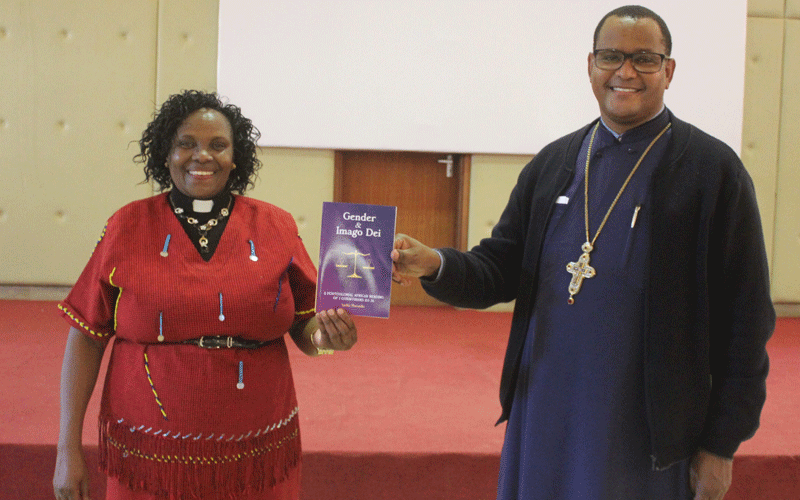Integrate men in campaigns against gender violence
By Gathu.Kaara, November 1, 2021Two recent murders of female athletes allegedly by their male partners has once again brought the issue of gender-based violence (GBV) into sharp focus.
The death of the athletes has shocked the country.
Agnes Tirop, a 25 year old Olympics champion was found stabbed to death in her house. Her husband, Ibrahim Rotich, has been charged with her murder.
Shortly afterwards, Edith Muthoni, died in a Kerugoya hospital, where she had been taken after a domestic row.
Her boyfriend, Kennedy Nyamu was arrested and will be charged with her killing.
A lot of work on eradicating GBV has been done over the years, but recent events show that much remains to be done.
It is probably time to take a step back and review the success and failures of the traditional approaches used so far.
It is really tragic to lose such vibrant and talented young women in such a manner.
A review will unravel any gaps there may be in these approaches, or whether they have simply run their course and need to be changed. GBV has, unfortunately, not been halted by the now routine exhortations, condemnations and threats.
One thing that is clear is that the campaigns against GBV have completely ignored the most critical stakeholder in this fight- men.
GBV conversations are held in a silo – among women – and rarely find the need to engage those who most need to be reached and engaged, the men. Why?
It is a fatal flaw that needs to be addressed to move this campaign forward.
Men have only been involved in GBV campaigns when being profiled as villains. As a consequence, to many men, the GBV conversation has “nothing to do with them”.
Yet, unless GBV messaging reaches and impacts men, the story will remain the same for years.
The aim of anti-GBV campaigns must be pre-emptive. It is all well to enact as many and as stringent laws against GBV as possible for purposes of deterrence and retribution. But the focus must be on arresting the violence before it happens.
Emphasis should be on pre-emption rather than retribution. It is of absolutely no use to the dead person even if their killer was given a life sentence.
That change in focus could be the thing that transforms the anti-GBV campaigns to make men allies rather than the protagonists these campaigns paint them to be.
Men are born protectors, and millions of men worldwide gallantly play this role in families as a matter of course.
It is this protection role that should be nurtured and called out for all men, and strengthened in their fraternity and peer groups.
After decades of GBV campaigns seem to have failed to achieve their goals, surely it is time to rethink strategy.
Finally, men need to recalibrate their worldview to fit into the new universe of the empowered woman.
The age of the empowered women is the new normal. The old order has changed forever.
Rather than see this as a threat, men should see it as liberating. The things that have been causing men mental anguish and stress are largely because they have been burdened with most family financial obligations.
But in the new age of empowered women, men should demand that both partners pick up their fair share of responsibilities at home.
Indeed, hidden under all the noise are very important developments that are transforming gender relationships to the benefit of the man.
Courts have ruled that men should not support their wives after divorce because women can now earn and support themselves.
Child support after separation is a shared responsibility. Courts have even ordered women to return dowry after divorce.
Property rights are now determined on the basis of spousal contribution to acquisition.
It’s a new age, and men need to embrace it and look for ways to use it to change the gender power dynamics that have remained heavily tilted against them when it came to obligations and responsibilities, and have cripplingly abridged their rights. — gathukara@gmail.com
